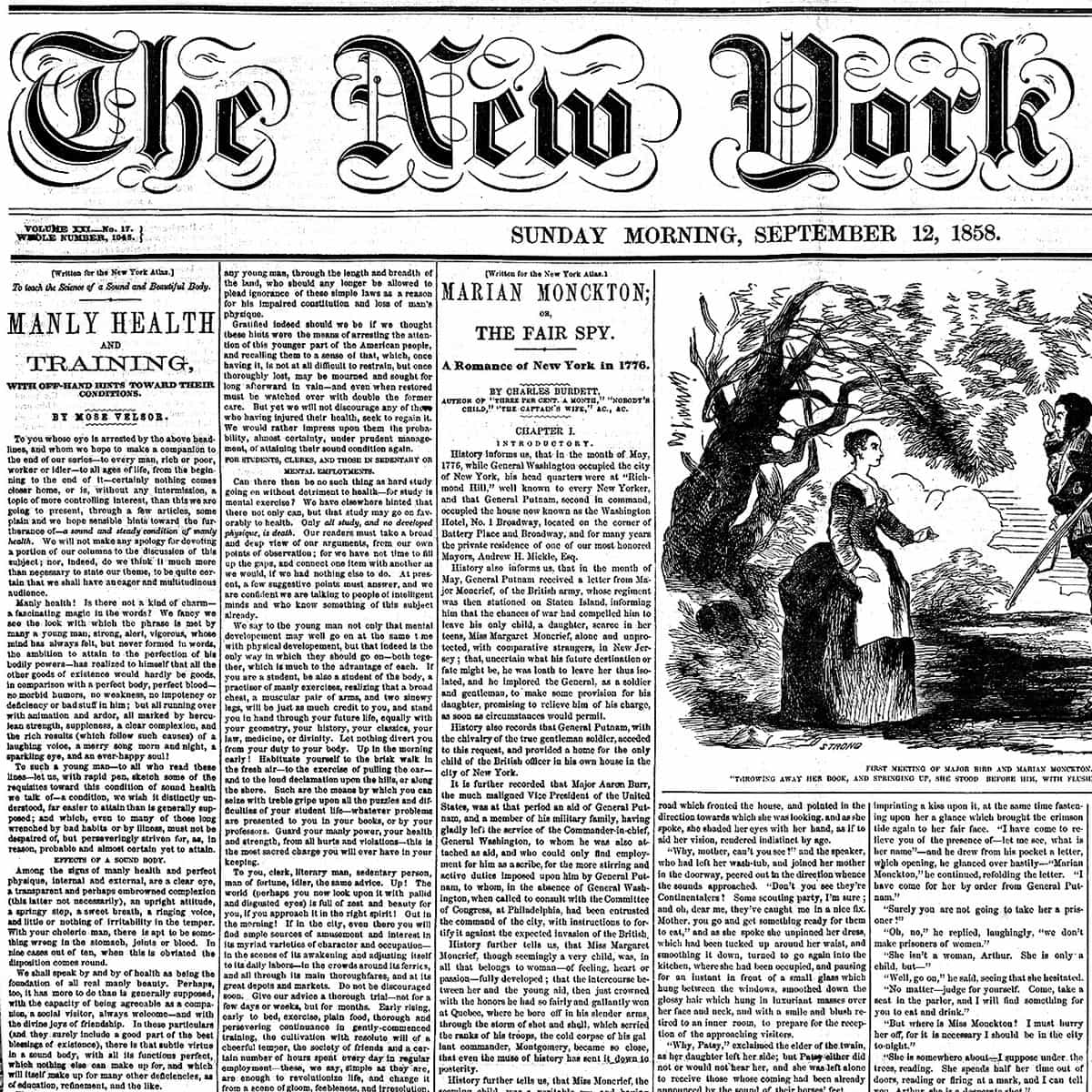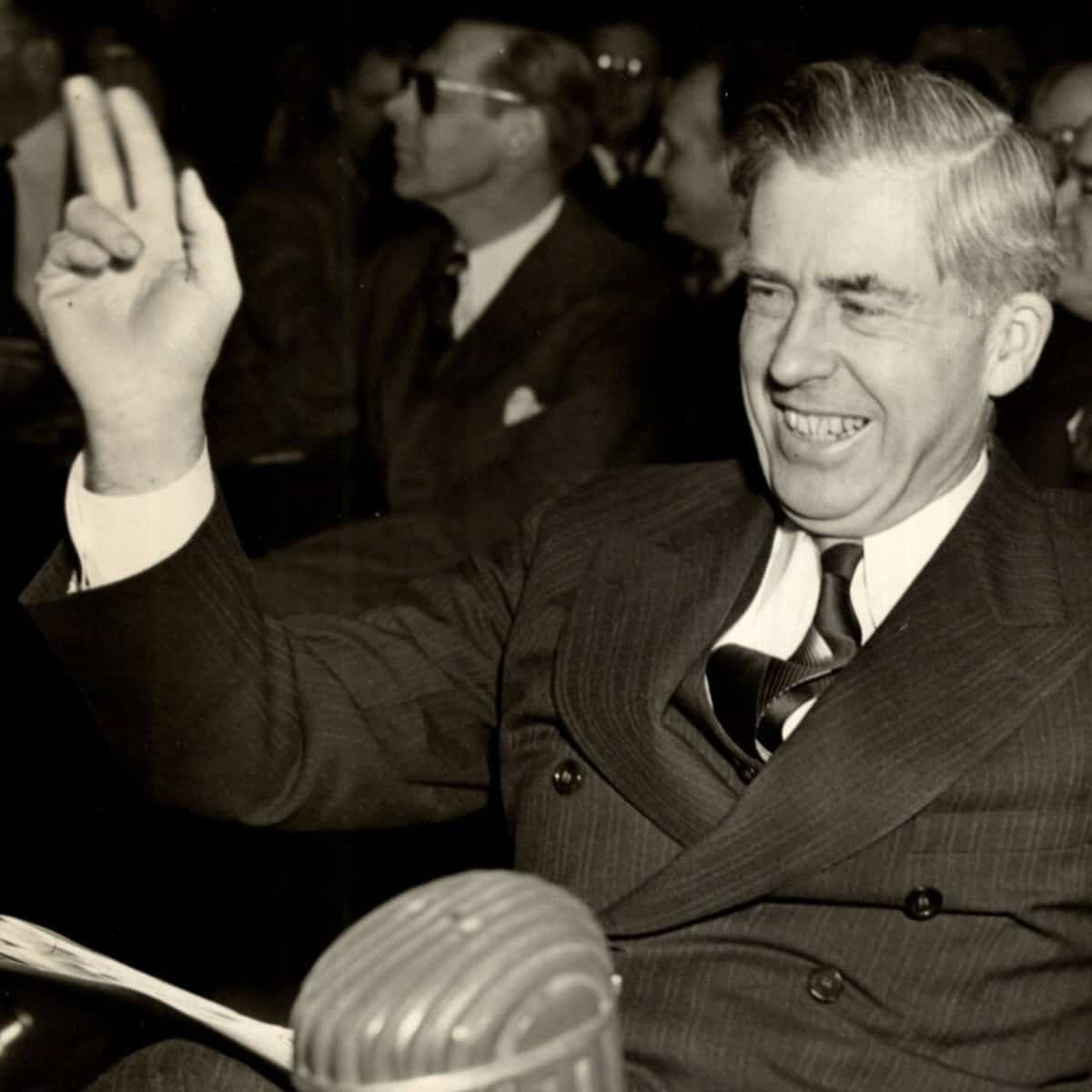On Friday, the Walt Whitman Quarterly Review (WWQR) published a previously unknown book-length work “Manly Health and Training,” by Walt Whitman, recently discovered by Zachary Turpin. (Read more about it in a previous post.) Minutes after it was published, The New York Times broke the story. (We couldn’t say anything until their story launched at aboutContinue reading “When content goes viral: looking at the first 3 days of “Manly Health and Training””
Author Archives: Wendy Robertson
Iowa Research Online DH Salon
The first DH Salon for spring 2016 was about Iowa Research Online (IRO). IRO is not a DH specific tool; we use it to publish, archive, and freely disseminate output of the University community. It has been primarily used for textual scholarship and creative works, but it also includes audio, video and data. IRO includesContinue reading “Iowa Research Online DH Salon”
Henry A Wallace Collection
The University of Iowa Libraries has thousands of the personal papers of Iowa native Henry A. Wallace (1888-1965). Wallace, the 33rd vice president of the United States, died 50 years ago today (18 November 1965). Wallace also served as the Secretary of Agriculture and the Secretary of Commerce and was the nominee for the Progressive Party inContinue reading “Henry A Wallace Collection”
Update to Use of Digitized Theses
Last year, we looked at use of our digitized theses. We decided that a bit more than a year had passed so it was time to look at these items again. The collection has grown modestly to 258 theses and dissertations. These PDFs have been downloaded almost 55,000 times total (an average of 213.2 times each),Continue reading “Update to Use of Digitized Theses”
Whitman, Iowa Review and Dada in Romania
One of the things we do in the Digital Scholarship and Publishing Studio is support locally published journals. The journals which we publish/host are part of Iowa Research Online. During Open Access Week in October, there were several noteworthy additions/changes. Walt Whitman Quarterly Review became fully open access. We have published the journal in partnership with theContinue reading “Whitman, Iowa Review and Dada in Romania”
IRO featured in Open Access Week guest blog posts
The University of Iowa Libraries celebrated Open Access Week Month in a variety of ways, including several guest blog posts from faculty on why they support open access. Of particularly note to us is that all the authors include Iowa Research Online as an important component of their open access. We are happy that our repositoryContinue reading “IRO featured in Open Access Week guest blog posts”
Worldwide Use of IRO
The publications in Iowa Research Online (IRO) are very widely used. From July 2014–June 2015, the items were downloaded more than 1.5 million times! This map shows the downloads of content from IRO during the last fiscal year. Adjust the map in the window below to see more countries. Move your cursor over the map to seeContinue reading “Worldwide Use of IRO”
5 million downloads
We are very excited to have had 5 million downloads in Iowa Research Online! We had 4 million downloads in November, so this last million happened in only about 6 months. Some of this growth is attributable to the fantastic content added recently (such as the State Historical Society journal Annals of Iowa, back to 1863). WhileContinue reading “5 million downloads”
Open Access Fund Articles in IRO
Two years ago, the University Libraries and the Provost’s Office launched an Open Access Fund to pay the processing fees related to open access publishing. The fund is meant to encourage the University community to publish their research in open access platforms. The open access publishing model allows free, immediate access to research and allowsContinue reading “Open Access Fund Articles in IRO”
IRO Highlights for Black History Month
Here are some highlights from our digital collections for black history month. These three books are available as free PDFs online. They were published in the University of Iowa Press Singular Lives series. Fly in the Buttermilk: The Life Story of Cecil Reed Cecil Reed Priscilla Donovan Born in 1913 in Collinsville, Illinois, Cecil Reed has livedContinue reading “IRO Highlights for Black History Month”



